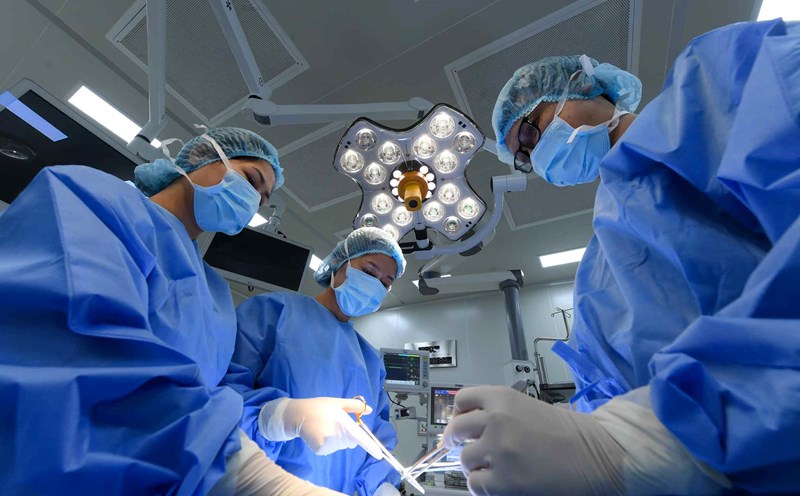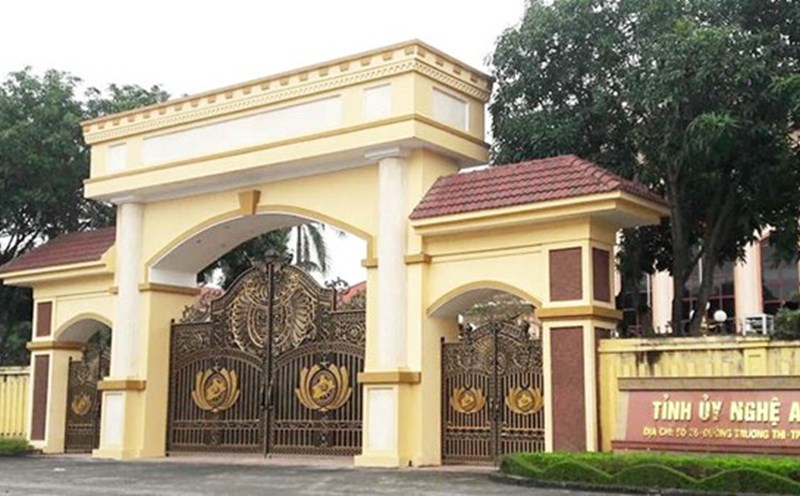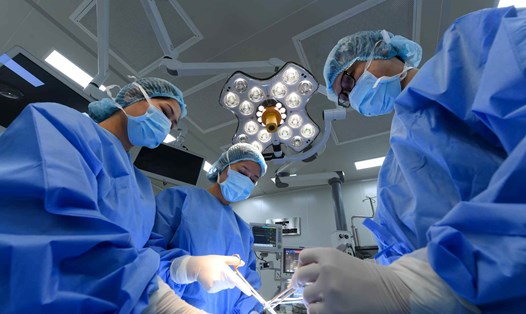According to the Ministry of Health, Decree No. 56/2011, after 13 years of application, has shown many shortcomings and is no longer suitable for the current context. Changes in disease patterns, the emergence of new epidemics and the increase in non-communicable diseases have posed many challenges, especially for preventive medicine.
To overcome these shortcomings, the Ministry of Health has drafted a new decree aiming to attract and retain highly qualified medical staff and motivate employees to stay long-term.
There are also many changes in the preferential allowance regime for medical staff. Compared to the old regulations, many medical staff are proposed to have their preferential allowance increased, and be included in groups with allowances of 70%; 60%; 50%; 40% and 30%. According to the new proposal, the current 20% level will no longer apply.
Dr. Nguyen Viet Hung - former Head of Infection Control Department (Bach Mai Hospital), Vice President of Hanoi Infection Control Association - said that after the Infection Control Association proposed an increase in allowance, there was a response.
Currently, infection control staff at HIV/AIDS, tuberculosis, leprosy and mental health facilities receive only 40%, while their colleagues providing care and treatment receive 70%. Although infection control work requires direct supervision in clinical departments, handling medical instruments and waste, and exposure to sources of contamination, the current allowance regime does not reflect the specific nature of the profession.
"After the proposal, the Department of Personnel Organization (Ministry of Health) agreed to issue an official dispatch explaining the reason for the request to increase the preferential allowance for employees of the Infection Control Department," said Dr. Nguyen Viet Hung.
Ms. Tran Thi Ngoc An (name changed) is working as a school health worker at a school in Gia Lam district (Hanoi) and shared: "I hope that the Ministry of Health will amend the allowance for health workers who do not directly work in the medical field (specifically school health workers) to receive 30% of the allowance based on the state budget. I am also a school health worker who has worked for 14 years, but according to Decree 56/2011, the allowance for civil servants who do not directly work in the medical field depends on the head of the agency, unit, school and revenue to consider paying the allowance, but the school has no revenue, so for the past 14 years I have only received 0 allowance.
We hope the Ministry of Health will consider amending the allowance for officials not directly working in medical professions, agencies, and school units to 30% from the budget.
"The Ministry of Health also leaves out non-civil servants (contract employees) such as security guards, nurses, maintenance staff, etc. working in hospitals and medical facilities. We also often work in toxic and infectious environments, especially maintenance staff who sometimes have to repair the hospital's wastewater system. During the epidemic, we also had a hard time, everywhere we looked there were infectious bacteria, it was unsafe, but we did not receive any support and our salary was the lowest in the industry. I hope the Ministry of Health does not abandon us," said a staff member working at a hospital in Quang Ninh province.










